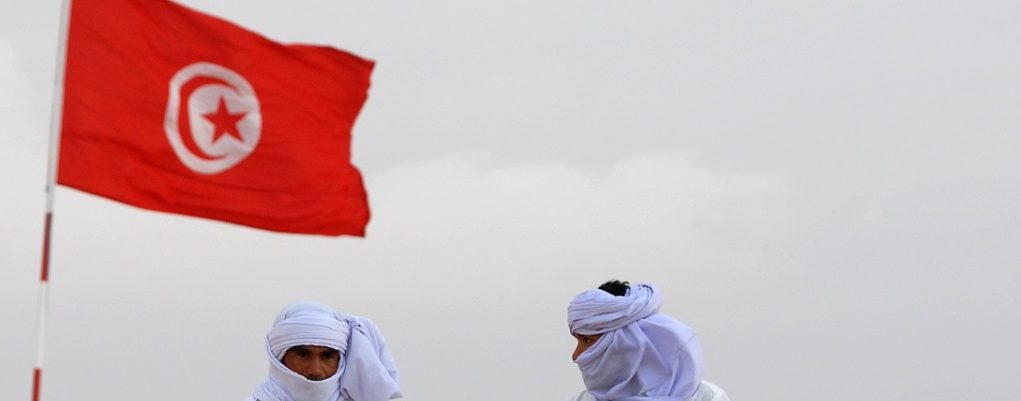By Nicola De Felice
The landing of illegal immigrants on Lampedusa continues unabated. Since the beginning of the year, around 35,700 illegals have landed in Italy, eight times more than in the same period in 2019 with Salvini as interior minister. There are about 10,000 Tunisians, 5,000 Bengalis, 3,000 Egyptians and then all the others, mostly economic migrants, who pay protection money to the traffickers.
Interior Minister Lamorgese still lacks the necessary strategy to contain the phenomenon. It is true that the problem cannot be confined to the Ministry of the Interior but requires a systemic approach with all other ministries, within the political responsibilities assigned to the President of the Council of Ministers. It is clear to everyone that the consequences of the current open ports policy are exacerbating economic, social and health problems.
In Sicily, the vigorous vaccination campaign, to which President Musumeci made his best contribution, and the associated decline in contagion and the lifting of restrictions, had rekindled hopes for a strong upswing in tourism, taking into account the undisputed beauty of the landscape and the historical and archaeological heritage, which in the immediate future will be the only credible resource for the development of this area. All of this is seriously threatened by the simultaneous exponential increase in illegal immigration. There is no hope of a positive outcome, if the borders remain like a sieve and the NGO ships, in addition to the boats from Tunisia, continue to operate a taxi service from the African coast under the guise of humanitarian aid. Even the quarantine ships provided by the Italian government do not solve the problems caused by the pandemic, on the contrary, they make them even worse. On the other hand, overcrowded hotspots that far exceed the permitted number do not guarantee the necessary hygienic conditions and can even encourage the appearance of new virus variants.
All of this is unworthy of a nation that boasts of being sovereign over its territory and its sea. Sicily must no longer serve as a dumping ground for illegal immigrants who are the victims of despicable human trafficking and who want to enter Europe. What Italy had to endure under the current conditions with serious consequences for the economy and the quality of life can no longer be accepted due to the traditional hospitality of its inhabitants. International sea rescue laws cannot be used to justify this abuse.
The Italian government has to take responsibility for this tragedy. On the other hand, it must intensify cooperation relations with Tunisia and Libya not only diplomatically, but also militarily and economically, on the basis of a strategy that must provide for its own border security in the south of these countries. With President Saied, the only reliable figure in the current political chaos in Tunisia, a comprehensive cooperation must be created that will enable the country to emerge from the severe political and economic crisis in which it finds itself, through a constant and structured economic (but not welfarist) and security policy engagement is guaranteed, Starting with patrols – in the territorial waters and on land – of our police forces together with the Tunisian Guard Nationale, in order to nip in the bud any attempt to leave the country. At the Tunisian border, command and control centers with radar surveillance systems must be set up and put into operation both in the north and in the south in the presence of Italian experts.
The paying “shipwrecked” sent by the traffickers on board the NGO ships must be immediately transferred to Germany and Norway by airlift, which sicily can offer as a base, in accordance with the EU’s Dublin Regulation, which stipulates that the flag state of the ship assumes responsibility for the international protection of the illegal migrants. The UN’s engagement in Africa with its UNHCR structures must become radically different so that repatriation centers can be set up on the ground.
The sovereignty and defense of the territory, including Italian waters, must be protected, as must the social, health and economic security of individual citizens, especially our fishermen, who legally fish in international waters.
This article was first published by CENTRO MACHIAVELLI, our partner in EUROPEAN MEDIA COOPERATION.

